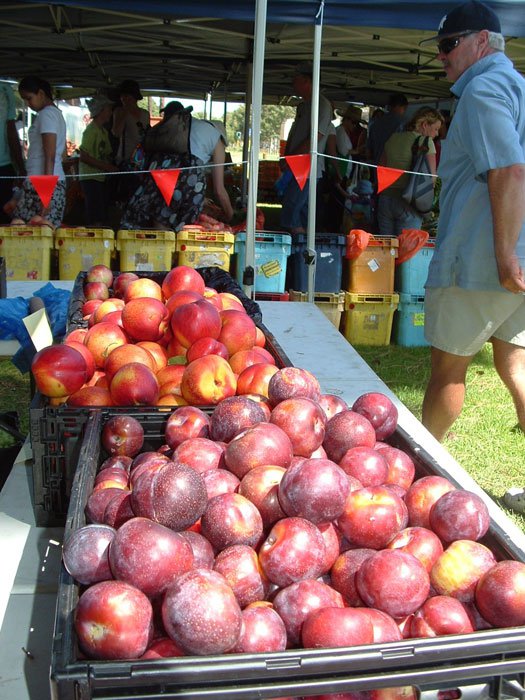Natural Environments
Natural environments are the biological systems that include biodiversity, land, air and water; and environmental interactions such as farming processes, land-use systems, energy and pollution.
Opportunities for action
- Support a local food system which makes nutritious and sustainably produced food available, affordable and appealing.
- Encourage local food production and sharing local food through farmers’ markets and community gardens.
- Ensure planning and management policies for land and sea use safeguard food system resilience and productivity.
- Designate appropriate locations for food processing industries, making the most of resource exchange and minimising environmental impacts.
- Use council parks, reserves and verges for community gardens and common orchards.
- Encourage food producers to re-distribute under-utilised food resources, such as excess fresh produce, to foodbanks.
- Develop innovative solutions to efficiently use natural resources, maximise biodiversity, minimise wastage, enable business growth and address climate change.
- Support community education programs on food waste management and/or buying local, seasonal produce.
- Support gardening, worm farming and composting in higher density developments such as roof-top gardens and home food gardens.

